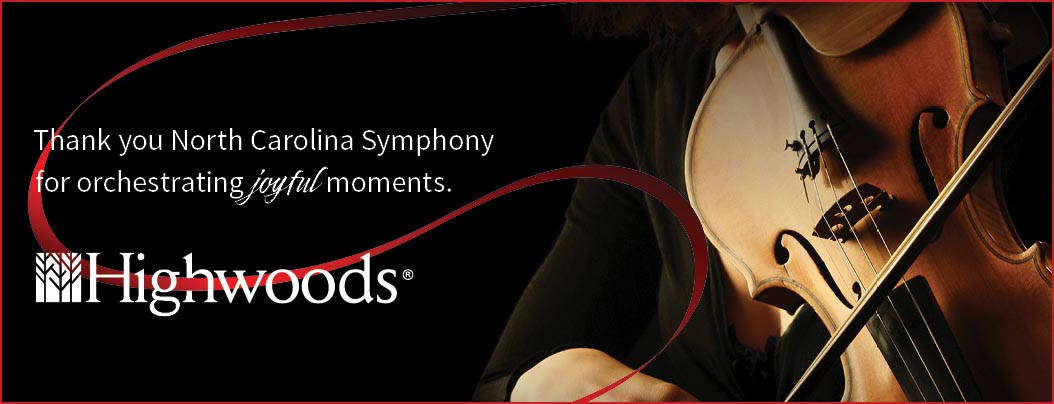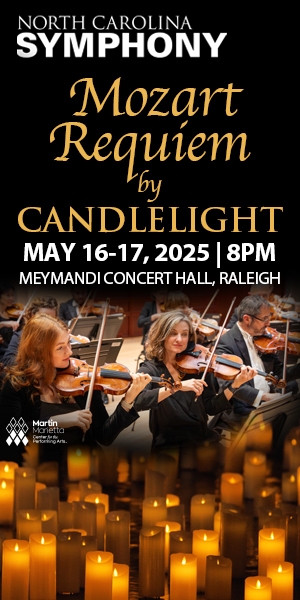Suite from The Firebird
Igor Stravinsky (1882-1971)
THE STORY
Like many great artists, composer Igor Stravinsky gained international fame because of a big break. Russian impresario Sergei Diaghilev, the creative force behind the internationally renowned ballet company the Ballet Russes, was in search of a composer to bring his vision for a new ballet to life. He had stitched together a story from several Russian folktales, in which a Prince, with the aid of a mythic Firebird, rescues 13 princesses (and an oppressed kingdom) from the clutches of an evil sorcerer king.
Diaghilev had already approached two well-known composers in Russia, but both had proven difficult to work with. Desperate, the impresario turned to Stravinsky, then 28 years old and virtually unknown. Hungry to prove himself, the young composer jumped at the chance and worked quickly. The premiere, held in Paris on June 25, 1910, was an instant success—with Stravinsky’s score at the forefront of the conversation.
Diaghilev and Stravinsky would go on to have a fruitful partnership that would birth some of the orchestral and ballet world’s greatest works, including Petrushka and the infamous Rite of Spring. But Stravinsky’s legend was born with The Firebird.
LISTEN FOR
- The basses and cellos playing the introduction—some basses play with the bow while others pluck their strings, giving the ominous opening a unique timbre
- The uneven rhythmic patterns and incredible orchestration of the Infernal Dance, depicting a battle between the evil king and his minions against the Prince and the Firebird
- The slow build of the Finale, beginning with a gorgeous solo in the horn and ending with the entire orchestra playing in tandem to depict the breaking of the evil king’s spell as the sun shines on a bright future for the kingdom
INSTRUMENTATION
Piccolo, two flutes, two oboes, English horn, two clarinets, two bassoons, four horns, two trumpets, three trombones, tuba, timpani, percussion, harp, piano, celesta, strings


